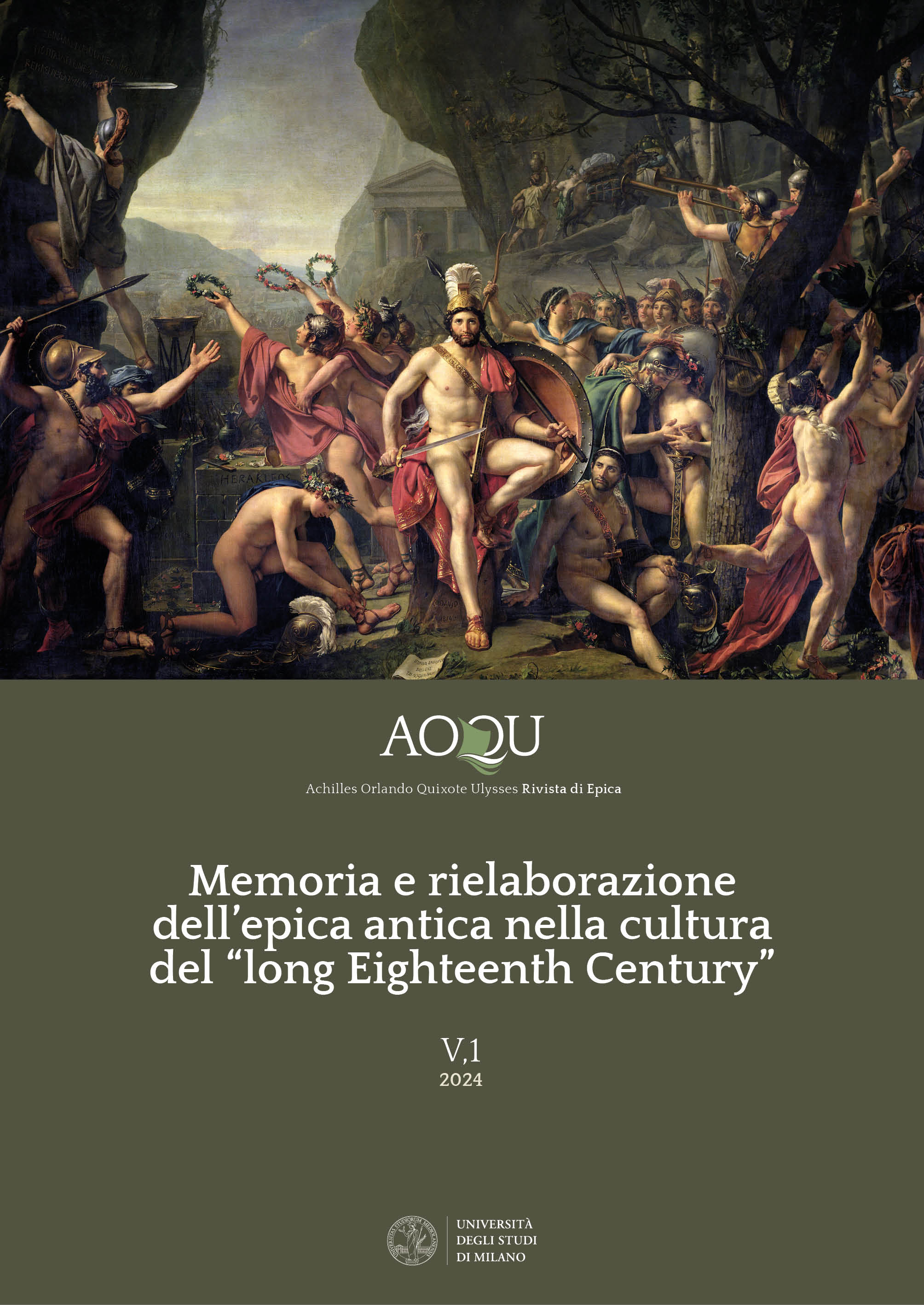Abstract
At the turn of the 1690s, epics of Homer and Virgil ventured for the first time into the subjects of the tragédies en musique intended for the Académie royale de musique (Paris Opera) as the Quarrel of the Ancients and the Moderns was in full swing. However Achille et Polyxène (Campistron/Collasse, 1687) partly revives Aristotelian tragedy concepts, while Énée et Lavinie (Fontenelle/Collasse, 1690) modernizes the orifinal Virgil’s Aeneid by replacing its heroic elements with contemporary novelistic codes. Both works demonstrate the desire from the librettists to renew a genre which de facto leads to new dramaturgical situations for the musician.

